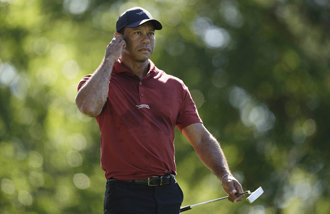Weary Military Hindering N. Korea`s Saber Rattling
Weary Military Hindering N. Korea`s Saber Rattling
Posted March. 11, 2009 08:37,
A strong backlash against the South Korean-U.S. joint military exercises Key Resolve and Foal Eagle is coming from North Korea.
Starting with its threat against South Korean flights Friday, the North has escalated tension starting from statements from the North Korean Peoples Army and its highest military brass to the banned entry of staff working at the inter-Korean industrial complex in Kaesong.
Many see this as North Koreas brinkmanship tactics to raise internal unity and pressure the United States and South Korea.
When Pyongyang wants to increase tension on the Korean Peninsula, it usually holds military drills of its own to counter the South Korea-U.S. exercises. In the past, the North countered with large-scale training but is now only resorting to making threats and taking easy measures.
A source from the South Korean military said yesterday, Though the North Korean military is using multi-faceted tactics to increase tension on the outside, it is unusually quiet inside the country.
North Korea began a winter military exercise in December last year, but little has been seen in the large-scale relocation of troops, training of armored forces or flight training.
These clearly show that the North Korean military is unable to conduct training due to lack of fuel and food.
In 2005, then U.S. Forces Korea Commander Leon LaPorte said North Korean pilots fly 12-15 hours a year, which is much less than what their South Korean counterparts spend in a month.
David Von Hippel, a North Korea expert and senior associate at the Nautilus Institute, said North Korean armored troops used 3,000 tons of fuel in 2005, less than 0.05 percent of the 63,000 tons consumed in 1990.
Operation Plan 5030, which makes North Korean fighter jets exhaust fuel by encouraging frequent flights, was controversial at the South Korean National Assembly in 2005.
North Korea is incapable of patrol flights to counter eight Aegis-class destroyers and dozens of state-of-the-art fighters able to conduct surgical strikes on Pyongyang at anytime. It has no proper delivery vehicle system for nuclear weapons that it developed to make up for its lagging conventional power.
Pyongyang has used strong rhetoric like, We will retaliate a thousand times if you invade us even by a hairs breadth, showing a combination of anxiety, helplessness, and bluff.
zsh75@donga.com







